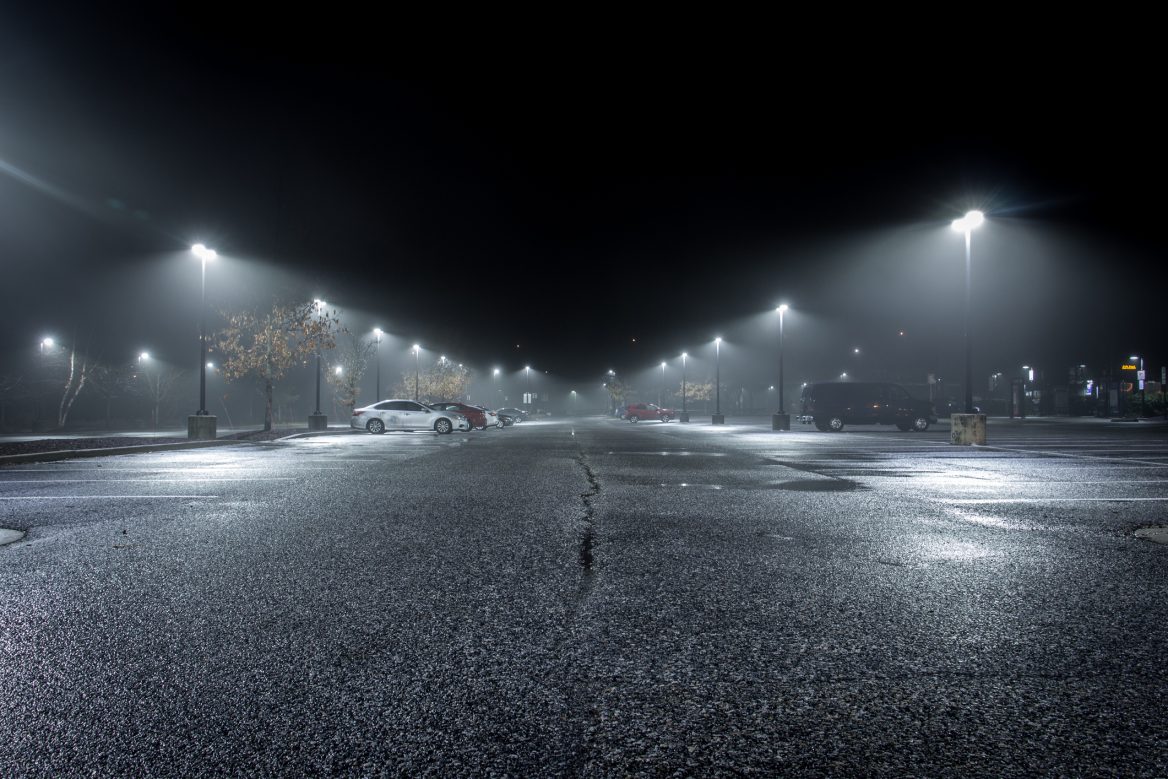Changing seasons mean shifting responsibilities. The same methods you use to take care of your commercial properties in summer might not be adequate when the winter winds howl and there are several feet of
snowfall on your roof. What should savvy property managers do to get ready for the cold season?
Here are 10 crucial steps to prepare your commercial property for winter.
1.Prepare for Power Outages
Depending on the size and type of your business, a power outage can be costly. Collectively, they can cost economies billions of dollars in lost revenue. Once the opportunity to make that money has passed, it doesn’t return. You can’t turn back time, so prepare by investing in a backup generator to fuel your needs when the grid goes down.
A power backup generator gives you an uninterruptible power supply. Such devices are musts for event venues, where canceled shows and events can mean issuing millions in refunds. They’re likewise invaluable for industrial operations, where machinery shutdowns can result in lost revenue and heavy maintenance costs.
Please don’t think you’re in the clear if you own an office complex. The businesses to which you rent must also safeguard their equipment, and they’ll expect a backup generator on site. It will keep their staff comfortable when temperature extremes hit and prevent food in break room refrigerators from going bad. It also protects proprietary client data, keeping computer systems operational.
2.Manage Snow and Ice Removal

Winter weather can create substantial headaches for commercial property owners. Many cities, towns, and municipalities have ordinances in place specifying how long you have to clear public walkways from these hazards. Snow and ice create liability issues — a slip-and-fall accident could result in a costly lawsuit. Failure to perform this duty can also result in fines.
You have several options for managing removal. Many property managers choose to contract with a snow removal company to rely on when winter weather hits. Furthermore, your lease contracts should specify who is responsible for taking care of this duty. However, the buck ultimately stops with you as the property owner — do you want to open yourself to joint and several liability if a tenant fails to keep their portion of the sidewalk clear?
3.Take Care of Your Roof
Winter weather isn’t kind to the rooftops of commercial buildings, either. Excessive snowfall can cause your roof to collapse. Fallen leaves collected in gutters can clog rain spouts, causing water to accumulate, perhaps
dripping into walls, causing mold issues and electrical fires. Routine maintenance is a must at the beginning and end of the winter season so that you can take rapid corrective action to fix any flaws and wear and tear. Order a professional roof inspection.
Your contractor should look for the following:
• Curled or missing shingles
• Broken or loose shingles
• Signs of missing caulk around flashings
• Damaged, missing, rusty, or corroded flashings
• Clogged gutters and downspouts
• Damage to gutters or eaves
• Chimney cracks
• Rot in the fascia board
Furthermore, you should start some repairs now which might take until spring to complete. For example, treatment for moss and lichen takes 180 days to complete, and putting it down in the fall gives it ample time to work before spring.
4.Mitigate Security Risks
Winter means the holidays — and more people are willing to go to desperate measures. Robbery and personal larceny crimes increase by 20% in December on average. What can you do to protect your tenant’s property?
One solution is hiring security guards. While costly, these individuals can do more to protect exclusive properties than any other, adding the human element to take fast action. At a minimum, you should install cameras around windows and doors to monitor ingress and egress, giving police valuable evidence if you become a theft victim.
Residential rental owners should ensure sufficient lighting around walkways and entryways to prevent criminals from hiding in the darkness. Gates add another layer of protection, keeping unwanted visitors out of the parking lot.
5.Service Your HVAC Systems
Winter means spending more time breathing indoor air. The COVID pandemic clarified the dangers of neglecting to service your HVAC filters. Follow your manufacturer’s guidelines for how frequently to change your air filters. Most models last for approximately three months with ordinary use. If you rent to a smoky private social club or an animal groomer, you may need to swap them more frequently to keep down on dust, dander, and pollutants. You should order a professional inspection before the winter season starts.
Those who own residential rentals should send gentle reminders to tenants to replace their air filters. It takes only seconds to send an email, but it could cost you thousands in repairs, as dirty filters make systems work
less efficiently, straining them and causing breakdowns.
6.Address Climate Control Vampires
Do some of your office workers complain of the cold? Is it always the crew seated in front of the windows? If so, it’s time for you to perform maintenance. Commercial buildings can bleed hundreds of dollars in lost
electricity each month. Furthermore, wasted energy contributes to the climate crisis. Inspect all windows and doors for drafts and address them. Pay attention to the seals around vents and other ingress and egress points to the exterior.
7.Keep Interior Walkways Clear
Do some of your office workers complain of the cold? Is it always the crew seated in front of the windows? If so, it’s time for you to perform maintenance. Commercial buildings can bleed hundreds of dollars in lost electricity each month. Furthermore, wasted energy contributes to the climate crisis. Inspect all windows and doors for drafts and address them. Pay attention to the seals around vents and other ingress and egress points to the exterior.
8.Insulate Your Plumbing
A burst pipe can be a commercial property manager’s worst nightmare. Water is as essential as power. Please take preventive measures to keep your plumbing from freezing. Unplug any hoses from outdoor bibs — and send a reminder email to tenants to do the same. Fit your pipes with foam rubber or fiberglass sleeves to all exposed areas. Keep the heat running, even if you currently have nothing but vacancies. Urge tenants to do the same if they leave for extended periods in winter.
Furthermore, your lease contract should specify who is responsible for repairs in the event of a burst pipe if your tenants pay utilities. Otherwise, the temptation to turn off the thermostat might be too great — and you
could be left footing a hefty bill.
9.Groom Your Landscaping
Your landscaping will look far more lovely in spring if you take the time to prepare it before the first snowfall. Your last cut should take your grass down to approximately two inches. Rake leaves, remove debris, and
aerate and fertilize before the frost hits. Additionally, you’ll want to prune other plants back — shrubbery should be no taller than window height to deter thieves. Mulch and burlap wrapping help preserve the water supply during the cold months.
Prepare Your Commercial Property for Winter
The seasonal change means it’s time to maintain your buildings. Follow the above steps to prepare your commercial property for winter.
Rose Morrison is a residential and commercial real estate writer and the managing editor of Renovated. To see more of her work visit:: https://renovated.com/


